There are various environmental, social and governance (ESG) standards, frameworks, ratings and rankers, when it comes to how sustainability is measured and achieved. Delving into these standards, including new standards from the European Union (EU), is hard work and time consuming. And conflicts with the reason why you as a company are seeking for this information and guidance.
Hopefully, you want more than just compliant.
You want to be a responsible business and position sustainable behavior at the heart of your business model. The myriad of ways sustainability performance is accounted doesn’t help. Yet standards alone have the capacity to drive consistent sustainability disclosure. Reporting that is in the public interest, and independent.
The EU has introduced a classification system, a “taxonomy”, of sustainable activities, with criteria for when they may be defined as sustainable. If your business activity is listed in the taxonomy and you fulfill all criteria, the associated revenue, capital expenditures and operational expenses with that activity are considered “EU taxonomy aligned”. From 1 January 2022, all large or listed companies are required to report their EU taxonomy alignment, along with relevant non-financial information that helps investors, financiers or the public to assess your ESG performance.
In this regard, the EU defines all large companies as companies with more than 250 employees, and with more than 20 million euros total assets on the balance sheet or revenues of more than 40 million euros. Small and medium sized companies (SMEs) may report on a voluntary basis. But the proposal will extend the scope of sustainability reporting requirements to all companies (except listed micro-companies).
The aim of the EU of introducing a standard like the EU Taxonomy is to promote investments in sustainable activities.
And the financial sector can play a key role in a transition to a sustainable world; because of the capital flows that run through the financial sector. Banks can contribute by taking sustainability criteria into account in credit decisions and offering customers sustainable products. In short, in the (near) future your non-financial information and ESG performance will play an essential role whether a bank will invest in your company or provide a loan. So, it’s time to act now!
However, most small businesses don’t have the capacity or money to focus on sustainability or a sustainable strategy to reduce emissions.
Consequently, the lack of access to finance will play a key preventing factor in their future operations. One can make the assumption the path to a sustainable future is much easier for a large corporate than for smaller SMEs. As access to capital markets is generally not at the disposal of the smaller companies that make about 90% of the businesses globally, providing half of all employment.
As capital is a key enabler of a sustainable supply chain, the supply chain participants – large corporates, banks and governments – need to collaborate. They can co-invest, provide liquidity, share knowledge on how to strategize sustainability, and pass on innovation and technologies across the supply chain. To create or modify incentives to persuade supply chain partners to behave in ways that are best for everybody. To make sure supply chains work well and its participants interests are aligned.
Techniques as receivable finance and Supply Chain Finance, in general, can play an important role in achieving what’s best for your company, your business model, your supply chain, and to what extent you’re ‘sustainable’.
Want to learn more about how that works? Call now to learn why our service is right for you, and let’s work together!
Alternatively, maximize your toolkit with actionable insights on how regulatory changes, business strategies and innovative financing structures are evolving around the ESG issues. A lot of information can be found at BCR’s Receivables Finance ESG and Sustainability webinar; see the full program here: https://bcrpub.com/events/receivables-finance-esg-and-sustainability-webinar.

Bob Gravestijn
Identifying strategic solutions, empowering businesses to innovate and thrive.




